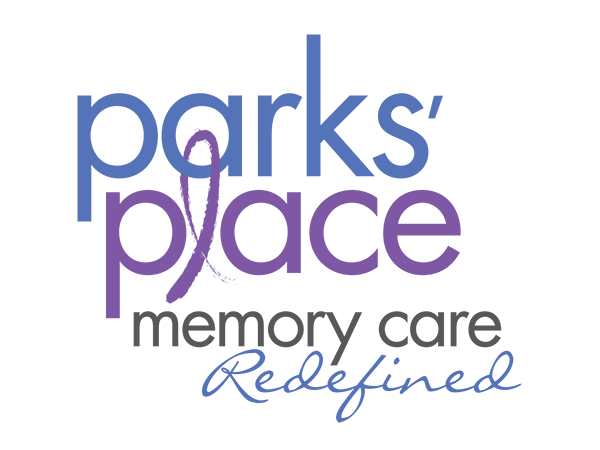
Disclaimer: The following information is neither legal advice nor making specific recommendations for your loved one’s financial situation. It is purely informative. Please consult an elder law attorney to aid you in managing your loved one’s finances.
Planning Ahead
Navigating the path of financial and legal decision making is hard. Not only is it difficult to learn the legal terms, documents, and what they do, but emotionally it is difficult to think about you or your loved one’s possible incapacity, declining health, and ultimate death. Planning ahead can lessen the burden and emotional strain on loved ones if you are able to take the time and energy needed to plan ahead. But where to start?
You can start informally with a discussion. If you are going to start to assist or take over finances, you will need to learn about their assets, income, property, bills, debts, liabilities, bank information, etc. You will also want to discuss the types of insurance they have, what is covered, and the benefits. You will want to make a list or spreadsheet of contacts and phone numbers of banks, insurance companies, physicians, and any financial manager/consultant.
Formally, you may want to hire an elder law attorney. Your elder law attorney can help you with executing a power of attorney, preparing a will, and creating a health care directive. If you are also planning ahead for an assistance program such as Medical Assistance and Elderly Waiver, your elder law attorney can help you with the application process.
Here are some factors you may want to consider while planning ahead for the future.
Financial Status
Overall, what is their financial status? You will want to inquire if they have a home, car, CDs, stocks, annuities, or an IRA. Are the accounts titled in their name alone or is it a joint tenancy or “authorized signature” account? Do they have a monthly income? Look into a pension, social security, veteran’s benefits, or annuity payments. Make sure all beneficiary designations are up to date.
Insurance
Does your loved one have insurance? If so, what type? Compile the names, phone numbers, and policy numbers of the insurance carriers. Find out the types of services that are covered under their insurance policies. Most health insurance does not cover long-term or skilled nursing care so finding out if they have long-term care insurance will be very important; also what the benefits are and for how long.
Health Care Directive
In the state of Minnesota, the Minnesota Health Care Directive allows for someone to appoint a “health care agent” to make their health care decisions if they are no longer able. Multiple people can be appointed as a health care agent in the Health Care Directive, not just one. In the Health Care Directive, the person can state their wishes for the types of medical treatment they do or do not want. This is their opportunity to voice their concerns with the health care agents. An attorney is not required to complete the Health Care Directive; most hospitals and physician offices can provide one to be filled in. It will require the signature of two witnesses or a notary public.
Estate Planning
Estate Planning is best to be discussed with an attorney as there are many topics involved. We will go over a few of them now.
Power of Attorney
The Power of Attorney allows someone to appoint another person to act on their financial behalf. There are two common documents in Minnesota, the Minnesota Statuary Short Form Power of Attorney and the Common Law Power of Attorney. The Minnesota Statutory Short Form Power of Attorney provides multiple options and someone can select to shift power to someone else. The Common Law Power of Attorney will cover specified powers or provisions that are not included in the short form. This is drafted by an attorney.
Last Will and Testament
A will is a legal document that assures the person’s assets are distributed to the wishes of the individual after their death. This is a legal document to help ease the transition of the ownership of an estate after death. This will not go into effect until after death and does not guarantee avoiding probate.
Trusts
This is a legal arrangement where an individual (the beneficiary) allows for a person or financial institution (the trustee) to hold legal title to and manage the assets for the benefit of the beneficiary. The person who creates and funds the trust is the grantor. A “living trust” or “inter vivos trust” is used as a tool to plan for incapacity as it is created by a trust agreement during the grantor’s lifetime. This individual transfers ownership and control of their assets to the trust while still living and the property transferred is used for the grantor’s benefit during his or her life. When the grantor can no longer serve as trustee due to incapacity, the successor trustee named in the trust agreement will take over as the trustee.
Guardianship and Conservatorship
These are forms of substitute decision making established through a legal action or proceeding. In the legal proceeding, the court will order the appointment of a person as guardian or conservator to act as the substitute decision maker for another person, the ward or protected person. Most often, the guardian is appointed to make decisions regarding the person’s personal care such as deciding on appropriate residence, medical provider, or medications. The conservator will make decisions involving the financial care, this included property management, investment of assets, and bill paying.
Parks’ Place Memory Care is a privately owned assisted living home, specialized and specifically designed for those with Alzheimer’s and other dementias. Our home is for people of any stage of dementia so they are able to age-in-place in their home. For tours, general information, or admission inquiry, please contact Kaitlin Kelly at 763-710-8484.


